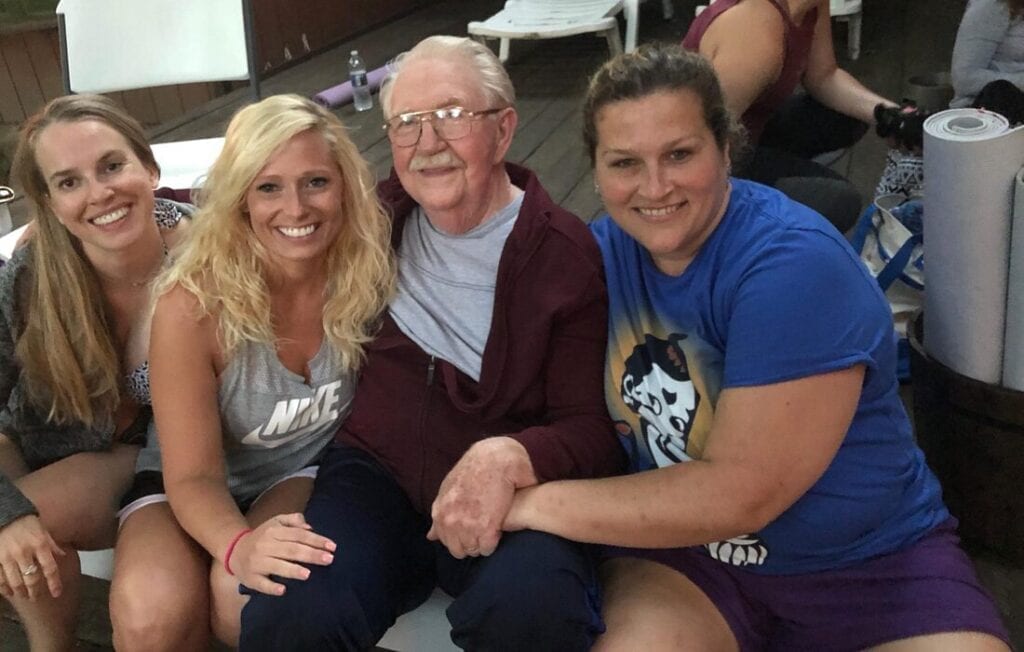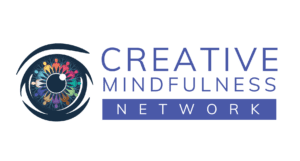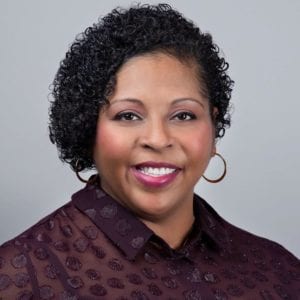If there was a category in my high school yearbook for “Most Likely to Become a Junkie,” I would not have been a contender. Indeed, I was voted “Class Brain.” And none of my smarts could prevent me from developing an addiction problem on top of an already budding mental illness. I spent the Fall of 2000 in a state of suicidal use, not caring whether I’d ever wake up. Even as I tried to get sober and well shortly after turning 21, I didn’t think I’d make it past 24.
These period of days from July 4-July 8 are quite celebratory. Most everyone in the U.S. is in a festive place on July 4th, my belly button birthday is July 6th, and my sobriety anniversary is July 8th. This year I turn 40, a momentous occasion for me who once believed I couldn’t ever survive this long. And I celebrate 17 years of sobriety. At the start of these special days, my spirit was somewhat dampened when I saw a friend post a “joke” from a parody account set up to represent an Ohio municipality. The post apologized to members of the city for having a scaled-back fireworks display this year, due to the fact that they’ve spent so much money on Narcan. And they “thanked the junkies” for ruining everyone’s freedom celebration.
I have a very crude sense of humor and I am not a person who easily offends. And this “joke” infuriates me in a way I struggle to put into words. Whenever you talk shit about alcoholics or addicts due to your own ignorance, misinformation, resentments, or unhealed wounds, you are also talking shit about me and scores of people that I love. There are many others who would look at me and the life I’ve built today and say, “But Jamie, you’re different.”
I’m really not.
Yes, I am successful by every conventional American definition of the word.
That’s because recovery defines my lifestyle today.
And it began in a place where I was just as desperate as any other “junkie” who may need revived in the back of an ambulance.
People who meet me now or only knew a very public version of me as a child can have difficulty attuning to this reality. A few years ago after marriage equality became the law of the land, I attended my first same-sex wedding in my hometown. The ceremony was beautiful. I cried through most of it, not ever believing I would see this in my lifetime. And my illusions of liberal paradise were short-lived. I was seated randomly with one of the groom’s family members. He came around at the beginning of the reception and introduced me, “Dr. Jamie Marich,” to everyone at the table. He gushed about how accomplished I was, that I was an author, and everyone at the table seemed impressed.
Towards the end of the meal, the opiate crisis came up as a topic of conversation. One of the family members stated quite bluntly what a travesty it was that we wasted so much money on Narcan, especially for frequent fliers.
“They should just let the junkies die already.”
Of course this was not the first time I’d heard talk like this. A few years prior at an extended family event, I heard someone opining that the government should euthanize people who fail treatment after three tries. And yet this was at a gay wedding, where most in attendance seemed to be tolerant.
My stomach churned, unable to finish my meal, realizing just how much of a stigma problem we still have on our hands. I found myself in that familiar position of freeze, wanting to say so much, yet fearing danger if I did. I wanted to ask that guy, “What if it was your child in the back of that ambulance,” or challenge him with, “And what issue is happening in your life that you’re failing to address? I’m sure your stuff is causing harm to those you love, just maybe in a different way? Have you ever considered that scapegoating addicts may help you feel better about yourself and the role that people like you play in perpetuating a trauma epidemic that people take opiates for?”
At one point the mother of the person making the comment said to me, “I’m sorry if this is upsetting you, this isn’t the best dinner conversation.”
In fairness, the mother, a nurse, challenged her son and also seemed put off by his comments.
“What’s upsetting to me,” I finally managed through that pain of freeze, “Is that I am a person with 15 years in recovery. Alcohol and opiates. And I could very well have been one of the junkies you’re talking about.”
Everyone seemed embarrassed and tried shifting the conversation to congratulating me on my recovery and how “well I had done.”
I’m just glad I had the chance to start somewhere.
I never needed Narcan or professional assistance to come out of an overdose or withdrawal, but I was getting close to the point where I could have. And many people in my network of recovery today, including sponsees who are working to make a difference in the world, required professional assistance for their lives to be saved. Yes, some of them had to go through the system of care multiple times before they got it. And I’m so glad they did. Because many parts of the medical and care system (however flawed they may be) did not give up on them, they eventually learned not to give up on themselves. A person I interviewed for my dissertation research was pronounced dead on arrival twice during overdoses, and would go through twenty-six rounds of professional treatment. And she eventually got access to the proper trauma-focused treatment that she required, later going on to make a big difference in her community.
Every day I get to see what happens when we don’t give up on people. Many people who work for me or with me are in long-term recovery. As a professional serving people at all levels of recovery from addiction and mental illness, I am privileged to behold miracles and know that recovery is possible. I know that it can be frustrating—for as many recovery stories as I witness, I see just as many people struggling to get it. And I’ve known way too many people who have died far too young. If you are a first responder, work in the hospitals, or in criminal justice, seeing the consequences of addiction play out in full living color, I realize that you may be jaded. It’s not easy trying to deal with people who are in the grips of it. I invite any of you to come and hang out with people like me some time. See what happens farther down the road when people get well.
I also recognize that an addict or alcoholic may have caused great pain in your life and this can be a hardening experience. I am the first to admit the damage that we can cause in the lives of others around us, and I realize that no apology can ever begin to heal those wounds. For those of us who make it through, we do our best to make amends through changed behavior. And please realize that even those of us in recovery have been impacted by the consequences of others’ addictions. I’ve been married to two people in active addiction. The son of my recovery sponsor was killed by a drunk driver. And although there has been pain to wade through, we’ve both chosen to be part of the solution, which first and foremost means being present for people who need recovery.
There’s always a fear when we advocate for these compassionate approaches to recovery that such softness will only give people more excuses. So let me share the piece of direction that changed my life which, I believe, embraces the delicate balance between validating and challenging people. When Janet, my first recovery sponsor, heard the story of my life and the progression of my disease she said, “Jamie, after everything you’ve been through, it’s no wonder you became addicted. What are you going to do about it now?”
People only respond to challenge and direction when they have first been validated and humanized. It’s not the other way around. Shame fuels the progression of addiction, and the comments and jokes on social media—no matter how innocuous they seem to you—are part of the problem. Intoning the wisdom of Anais Nin, shame is the lie that someone told you about yourself. For most of us, that starts with unhealed trauma and escalates by contact with others who would have us believe the lie. We say in the treatment field that guilt is when you feel bad about the things that you do, and shame is when you believe that you are those bad things. Shame teaches that those messages of defectiveness define you.
I’m grateful that I hung around long enough to learn the difference. And I’m even more grateful that I met people along the way who helped me to uncover a deeper truth about who I really am. For as much professional therapy as I’ve received and as much time as I spend growing in my spiritual practice, I am further grateful that I can still acknowledge my vulnerability. I am only human. If I stop taking care of myself, the chance is very real that I could be in the back of an ambulance, even after seventeen years in recovery, for reasons connected to my addiction and mental health.
To the people that will inevitably need revived from an overdose somewhere in the world today, I send you my love, my empathy, and if you want them, my prayers.
We are not separate.














